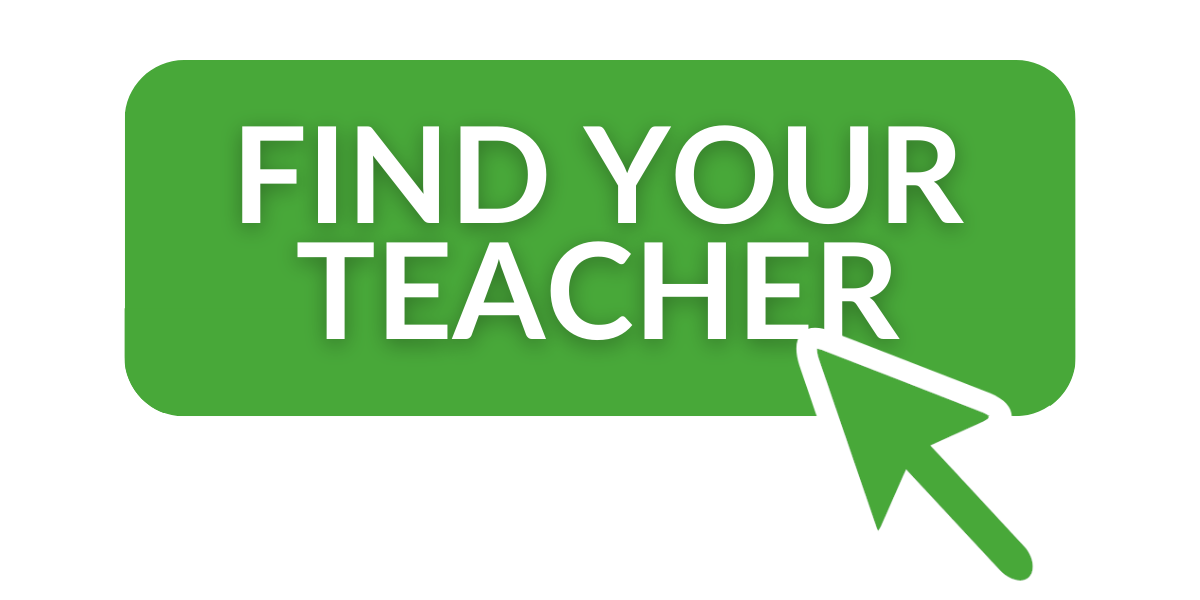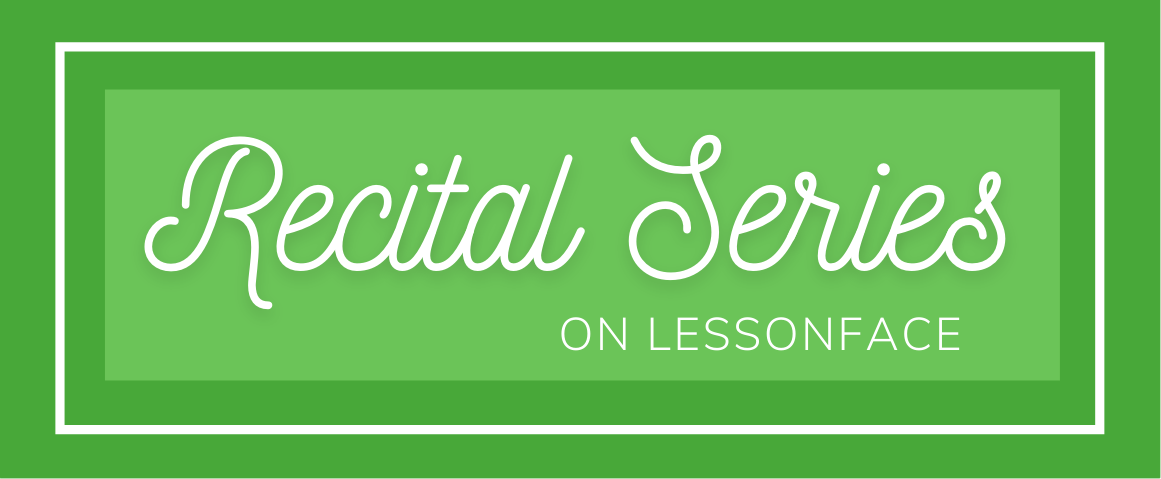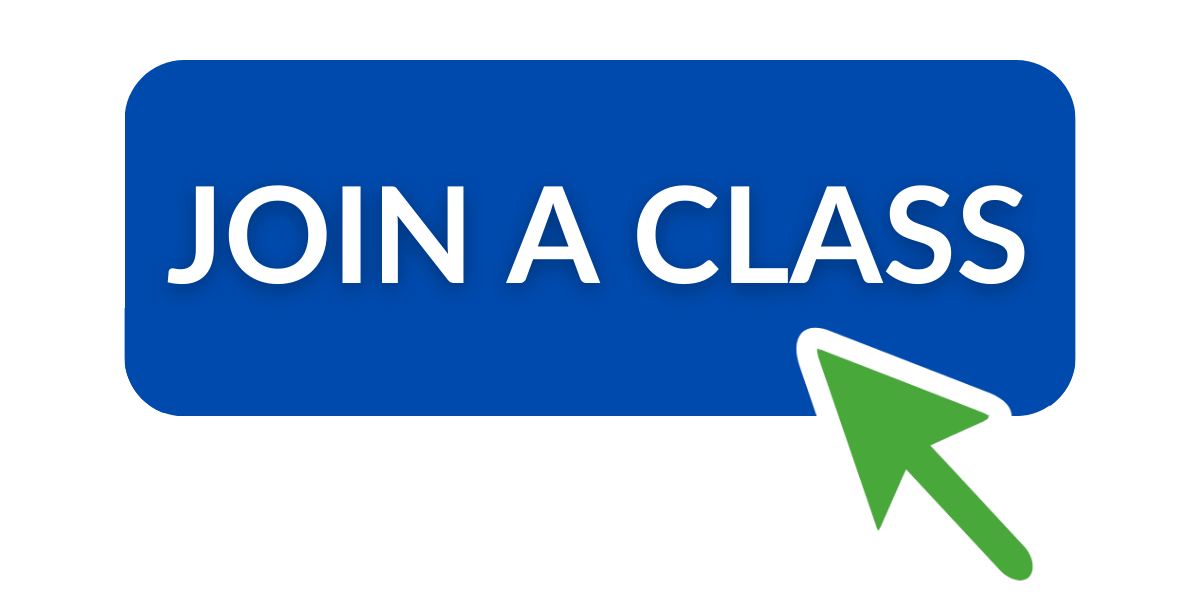It's never too early to start encouraging your child's love for music! Children can enjoy a singing, dancing, and playing with musical toys from before they can walk. Fun group classes are available in most areas for infants and toddlers, and are a great way to foster a love for music from a very young age.
When to start learning in a more serious context depends on the child, the instrument, and the amount of involvement a parent can commit to. To benefit from private instruction, a child needs to be able to sit still and concentrate for the duration of the lesson. They need to be verbal enough to understand instructions and basic musical concepts. Size and dexterity are important. Some instruments demand more strength and coordination than others. On the guitar, for example, you need to press down a thin string at a specific point with the left hand, and play or strum with the right hand. That's quite a bit more difficult than finding and pressing down a piano key! Also, the parent should consider that the younger the child is, the more parental involvement will be needed during practicing and, if appropriate, during lessons.
As a guitar teacher, I find that by age 8 almost all children are ready to begin the instrument. I do accept students younger than eight if the child is interested and focused, but parents need to be present during online lessons and be committed to the practice process.
Toddlers and Preschoolers - fun, group music classes are best. At this age, the important thing is keeping it fun and playful. There will be plenty of time to learn discipline later on!
Early Elementary (ages 5-7) - Piano is a great option, for obvious reasons. All you have to do to make a sound is press down a key. Having the notes right in front of you makes it a great instrument for learning the basics of music theory too. Keep in mind you don't need to buy a full-size piano for your child to start. An electronic keyboard is a much more affordable option, though check with the teacher on what sort of keyboard is best. Simple percussion instruments like drums and xylophones are good for young beginners. They teach the basics of rhythm and don't usually require much strength, size or coordination to at the beginning stages. Recorder is also a great starter instrument. It's popular in school music classes precisely because it is small, easy to play, and inexpensive.
Later Elementary (ages 8-10) - This is a great time to begin violin and other string instruments, though many students are able to start these instruments earlier. It's also a great time to begin guitar, as by this point students will be big enough to hold a guitar stable and be able to coordinate two hands doing different things. Though, as I mentioned above, many younger children can begin the guitar earlier as long as they have the desire and basic coordination
What do other teachers think? What is the ideal age to begin? Has any student started playing an instrument at a very young age? Some violinists, for example, begin as young as three or four years. How did it work for you? Also, when is a good age to begin other instruments? Woodwinds like flute and clarinet? Saxophone, trumpet, trombone, or other instruments?





Hi Leah
Good to meet you here.
I'm a woodwind teacher from South Africa. In terms of teaching woodwinds to young kids, just like it is with violin, guitar, and more, it's so important to ensure the child's body size is suited to the instrument: saxophones are heavy, large; flutes require a stretch (depending on arm length), the keys don't sit right next to each other and can be heavy for a young child; clarinet can be very heavy, too, especially at the bell. It's not at all impossible to begin learning how to produce a sound on these instruments from a young age, but, one really has to look very carefully at the specifics of body type, arm length, etc. I have started kids on plastic clarinets and flutes from the age of seven (Nuvo Instruments, to be specific), these instruments enable us to teach kids from a younger age, but even then it can be a push for certain kids. Nuvo have a range of 'mini' versions of the wind instruments, these are great for the kids to start to learn about embouchure and sound, as well as introduce the first set of notes. This is not a Nuvo plug but most relevant when talking about children and wind instruments. I've seen some damage done, when teachers start to teach on traditional, full-size instruments, when a child is just too small. It really is a child-specific situation.
Thanks for posting this and starting a discussion...
Hi! I am new to this platform but I am already loving the discussions I am seeing. I have a limited point of view but I am happy to share what I have found in my experience teaching lessons!
In the past, before I set up weekly lessons with a student, I like to have one or two trial lessons for free or at a significant discount, to gauge a couple of things. I have found that sometimes when a parent brings in a very young student, that student isn't super enthusiastic about learning an instrument. They struggle to focus, or they just want to play. I try to work with that, but I am sometimes stuck because I know that the parent wants music instruction; this is difficult when some of my students are 4 or 5 years old. We do a lot of preparatory activities, games to practice holding the instrument properly and standing still. In this situation, I make sure I explain why we are doing everything to the parent so they don't think their time and money is being wasted. I think sometimes people underestimate how difficult it is to have 30-60 minutes of continuous music instruction. Even with my older students I tend to allow a break halfway through for some water, bathroom, or stretching.
I think one positive is that young students usually have more parent guidance during their home practice. This is really helpful because then parents can let me know what they struggled with during the week, and we can address those specific problems and continue to build good habits to avoid them in the future. I always provide lesson notes for my students, but in the case of my youngest kids I am usually writing the notes more for the parents. I have even had some parents decide to start learning the instrument with their child so they can practice together! It's really great.
There have been a few times in the past where I met with a new student for a trial lesson and I did not think they were ready for private lessons yet. I agree that it's a child-specific situation and usually I can try and work around some of the issues but I think sometimes you just know. In this case, I usually try and suggest something like a Music Together class, or even something like a dance class that exposes them to music and rhythm but allows for more physical participation. I never want the family to think they just shouldn't bother, because I don't think that's true.
I hope some of this was helpful or informative! Thanks for starting this discussion, I really like reading what others have to say!
Personally I still believe the recorder is a perfect starter instrument. I'm not talking a whole class of plastic recorders, but if a child is showing an interest in music then the recorder is ideal. Its small and easy to carry and the small holes of the soprano make it manageable for even little hands. It's easy to get an initial sound and a great way to learn the fundamentals of note reading. It's easy to play independently, with an accompaniment or in an ensemble, creating a diverse range of playing opportunities. It allows for quick progress and an early sense of development! perfect!
Hi Cameron, Kayla, and Frances, thanks for jumping in and sharing your thoughts!
Cameron, that's terrific that there's a whole line of small-size wind instruments. That sounds super useful and a really practical and healthy way to get started.
Frances, I totally get what you're saying about the recorder! It makes so much sense to start playing on a small, easy-to-play melodic instrument. I read your post in the other thread and you totally convinced me that it should be 'cooler' and more widely played than it is.
And Kayla, I really relate to everything you wrote about young students. Luckily, most young guitar students take lessons because they want to -- it's not an instrument that many parents force their kids into. But I agree that sometimes parents push lessons too early, before the child has the attention span and maturity to sit through a class. When a child is really young and their attention is flighty, just growing up in a music-filled home and having musical toys available is the best preparation for musical pursuits later on.
Also, during quarantine, I think many parents were looking for easy diversions to keep their kids happy while they worked from home. Private lessons on six-string guitar are not always the best option for that. Most young guitar students really need parental involvement first several lessons, and, depending on the child, with ongoing practice between lessons. Trying to guide a 5-year-old in tuning six strings through Zoom is really tricky with no parent around to help interpret instructions!
Simpler instruments like Loog guitars (3-strings), recorders, or laid back group classes are better options for parents who want their kids to learn music, but aren't available to help during lesson time.
Thanks again for your input all!
Leah
Hey all, really loving the discussion here!
I started learning violin at age 3, and I'm very glad I did!! I teach violin, piano, voice, and strings currently and I find that it's correct that woodwind instruments might be harder to start earlier. I agree with the earlier commenters about the recorder being a good choice. The important thing is making sure that children have exposure to music and get involved however they can, be it recorder, singing, mini drum set, shaker.
Hi Ana, thanks (very lately) for adding your thoughts :)
For any parents of young musicians browsing for ideas on instruments for their kids, here's a quick summary of the discussion so far:
Easy instruments (for a fun introduction to learning music)
*Singing
*Simple percussion instruments
*Recorders
Slightly trickier instruments (some dexterity required):
*Keyboard / piano
*Loog guitar (three-strings), with the option to switch to a six-string guitar when the child is ready
*Ukulele
*Child-size flutes and clarinets (Cameron recommends Nuvo instruments)
More difficult instruments (a young start is a big advantage, but prepare to be very patient!)
*Woodwinds ('real' versions, but will still need to be size-appropriate)
*String instruments (violin, viola, etc.)
Regardless of the instrument, all teachers emphasize that for young beginners to progress in private lessons, these three factors are very important:
(1) the child must be able to concentrate relatively well for 30-minutes at a time
(2) the parent will need to be involved in lessons and practice
(3) the size of the instrument must be appropriate for the child
Parents, feel free to ask your questions here :)
I'm coming onto this thread really late, but I want to add my own two cents. The recorder is a fantastic starter for woodwinds, and so is the ocarina and the yamaha 'fife.'
Ocarinas are just as easy to hold as recorders, and they come in soprano as well for little hands. The bonus of these is that they have the same fingering system as the metal flute (minus keys of course) and they are even more portable than soprano recorders.
The yamaha fife, which is more like a plastic piccolo with a widened embouchure, has ridges along the tone hole to guide lip placement. It also uses the same fingering as the metal flute. I find it frustrating when parents buy those scary disposable metal flutes on amazon and then try to make a small child play the adult sized, cheaply made instrument. I wish more people thought of recorders, ocarinas and fifes when starting kids out. The Nuvo instruments are also fantastic, but they can be hard for lower income families to afford. One option could be to start a small child on a recorder, ocarina or plastic fife and then upgrade to a Nuvo later, all the while saving up for a good metal student flute down the road when the child is bigger and able to comfortable hold it .
Also, all of these plastic flutes are so under rated. They make so much music that they are even useful for professionals who want supplementary instruments or camping instruments, and all of these flutes have higher quality, professional versions as well. Anyone starting on plastic flutes can make music with them for years to come!
P.S. I am talking about transverse ocarinas in this post, not the pendant ocarinas or inline ocarinas or the many other variations. These are all great options as well, but the transverse ocarinas are the most suited to transferring to flute, sax or clarinet later.
This is a really important discussion, thank you Leah for bringing it to light! I started violin at age 3, and was fortunate that my parents were very dedicated (would drive 5 hours roundtrip to lessons at least once per week) and had great instructors at a state university. I started with the Suzuki program which was incredibly structured and most importantly, I had fun and my memories of this time are nothing but positive.
This being said, I do not believe violin, or any other stringed instrument, can be learned at a young age (under 8) unless there is commitment from a parent and a teacher who makes the process easy and fun. Learning in a group environment is also extremely helpful for a child's development.
My mother has taught piano for decades, and most of her students are beginners. Watching her teach, it is very clear that students without parents who are invested in their child's learning suffer greatly compared to their peers with supportive parents (ones who take notes, sit inside and watch the lesson rather than in their car, ask questions, etc.)
I am all for starting kids early, but it far too common that kids wind up finding playing music a chore when starting at the wrong time or under the wrong circumstances.